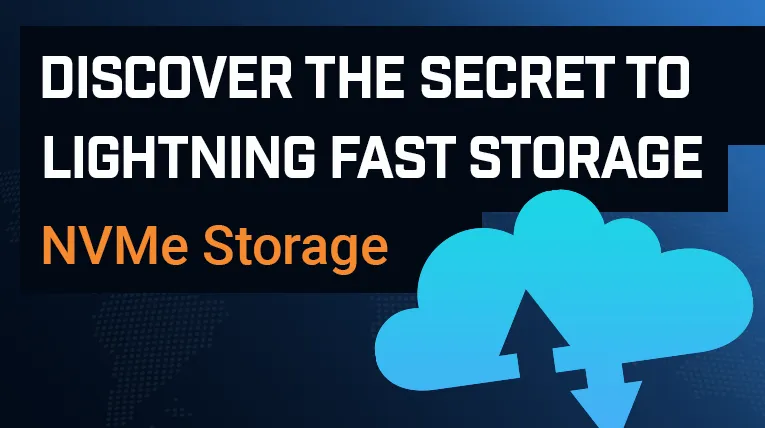Network File Storage (NFS) in cloud hosting environments
Last Updated: March 1st, 2023 2 min read Servers Australia

Network File Storage (NFS) is a protocol for file sharing that allows remote clients to access files over a network. NFS is commonly used in cloud environments to provide shared file storage services that can be accessed by multiple virtual machines (VMs) or applications.
In a cloud hosting environment, NFS can be used to provide a shared file system that can be mounted by multiple VMs or containers, allowing them to share data and collaborate on files. NFS can also be used to provide storage for cloud-based databases, such as MySQL and PostgreSQL, which require shared file storage for data persistence and recovery.
NFS can be deployed in cloud environments using a variety of storage solutions, such as Network Attached Storage (NAS) devices or distributed file systems like GlusterFS and CephFS. These solutions can provide scalable and fault-tolerant file storage services that can be easily integrated with cloud platforms like OpenStack and Kubernetes.
One of the main benefits of NFS in cloud environments is its ability to provide a shared file system that can be accessed by multiple VMs or containers. This allows applications to share data and collaborate on files, making it easier to develop and deploy cloud-based applications.
NFS can also provide a cost-effective and scalable file storage solution for cloud environments, as it allows multiple VMs or containers to share a common file system without the need for dedicated storage devices or hardware. This can help to reduce storage costs and simplify management in cloud environments.
Overall, NFS is a versatile and scalable file storage solution that can provide shared file storage services for cloud-based applications and databases, improving collaboration and data persistence in cloud environments.



